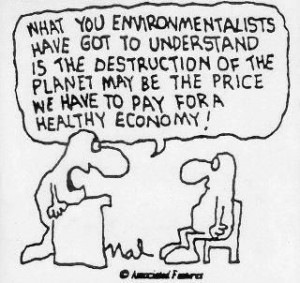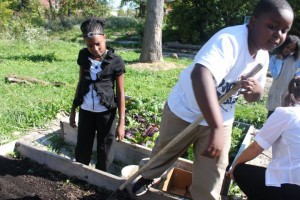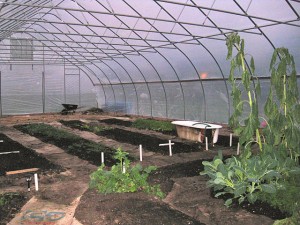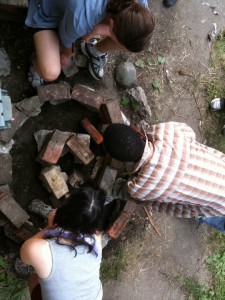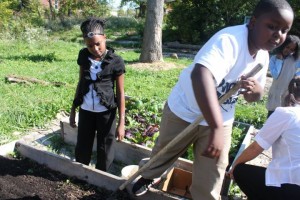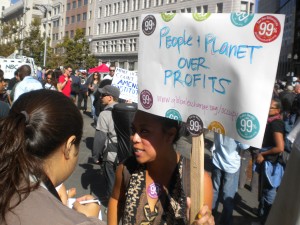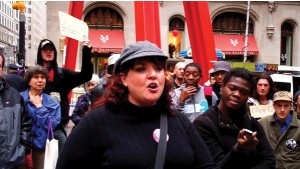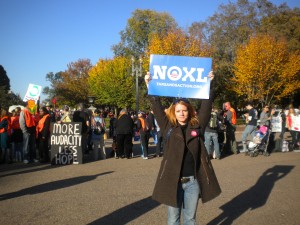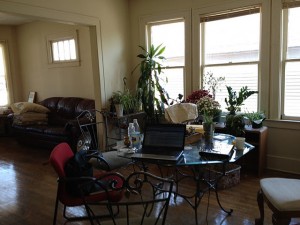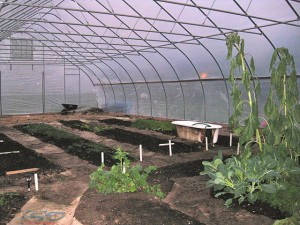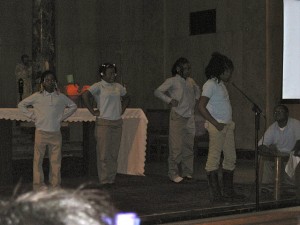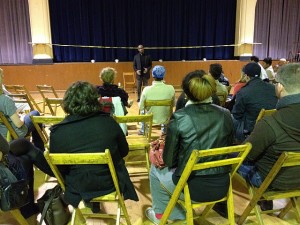MEDIA RELEASE
October 1, 2014
Contact: Shannon Biggs, Global Exchange
shannon@globalexchange.org 415.298.9419
Nature Puts Chevron Refinery and Legal System on Trial
People’s Tribunal in Oakland Seeks to Give Nature a Voice in Law this Sunday
Oakland CA — On Sunday October 5, a People’s Tribunal will examine the violations of community and nature’s rights caused by the fossil fuel industry, using Chevron’s refinery in Richmond as a case study. Recognizing legal standing for ecosystems is a concept that has been gaining strength over the past decade, in dozens of US communities and in the constitution of Ecuador.
Two years after the refinery explosion that rocked the Richmond, CA community, residents still live in fear, while air quality and land remain contaminated. Despite having been found guilty of 62 violations of the law in 2012, Chevron Corp. will be expanding operations, and 4 new projects will bring Tar Sands and fracked crude from North Dakota to the Bay Area. The question for a growing many isn’t the violations of the law, but the daily chemical exposure permitted under the law.
“Chevron has been destroying nature and poisoning people for over 100 years. Humanity is part of the web of life known as Nature. If Nature doesn’t have rights, then a viable future for the next seven generations is doubtful,” says Richmond resident and Native American activist Pennie Opal Plant, who will also be one of several expert witnesses at the Tribunal.
Global Exchange’s Community & Nature’s Rights director, Shannon Biggs, one of the organizers of the event added, “the fact is, current law treats nature as property, so it’s easy for corporations to get a permit to blow the tops off of mountains for coal, or frack communities for profit. Recognizing nature’s rights provides new and critical protections for our communities and the ecosystems we all depend on.”
The tribunal, a project of the Bay Area Rights of Nature Alliance (BARONA) takes place Sunday 10 am – 2 pm at Laney College’s Forum, highlighting the impacts on people and nature from the Chevron refinery, and place on trial current legal and economic systems that advance the destruction of nature by the oil industry. Tribunal judges include:
takes place Sunday 10 am – 2 pm at Laney College’s Forum, highlighting the impacts on people and nature from the Chevron refinery, and place on trial current legal and economic systems that advance the destruction of nature by the oil industry. Tribunal judges include:
- Carl Anthony (Breakthrough Communities; Urban Habitat)
- Brian Swimme (California Institute of Integral Studies; Journey of the Universe)
- Anuradha Mittal (Oakland Institute)
- Courtney Cummings (Arikara and Cheyenne; Native Wellness Center, Richmond)
- Bill Twist (Pachamama Alliance)
The day will also include a “Web of Life Labyrinth,” created by local artists (opens 9:30 am), local music and food for purchase. Members of BARONA, a network of leading Bay Area rights of nature, ecological justice, human rights, local economy, Indigenous, women’s, and other groups will be on hand to answer questions. The event will be part of the global “Earth Rights Days of Action” sponsored by the Global Alliance for the Rights of Nature and the related efforts of the International Rights of Nature Tribunals in Quito, Ecuador (January 2014) and Lima, Peru (December 2014).
Please join us for a rich discussion of just what rights of nature could mean for residents in Richmond, CA—and across the country. Learn what over 100 other communities across the US are doing differently to put the rights of residents and nature before corporate profits.
Save your space for this important event register now.

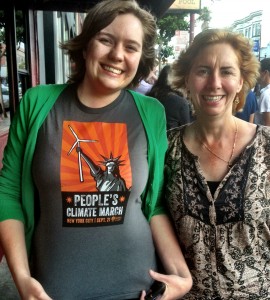
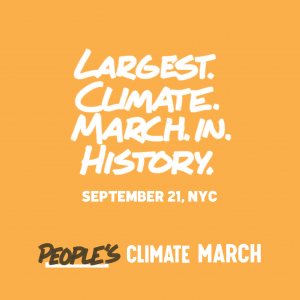


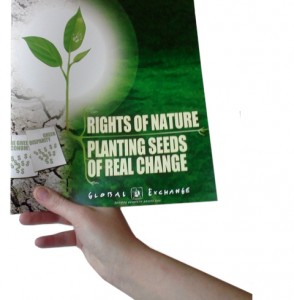

 Linda Sheehan is the Executive Director of the
Linda Sheehan is the Executive Director of the 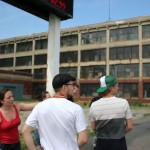 With property values at record lows and vacant abandoned infrastructure all around, Detroit has started to capture the imagination of a generation of young adults flocking to the Motor City with the intent of building a new vision of the city in the 21st century. Among those are participants in the
With property values at record lows and vacant abandoned infrastructure all around, Detroit has started to capture the imagination of a generation of young adults flocking to the Motor City with the intent of building a new vision of the city in the 21st century. Among those are participants in the 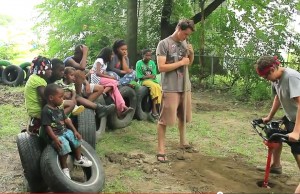 In newspapers and on TV, Detroit is depicted as the most dangerous city in America, backed by recent reports showing the highest murder rates in the country. Journalists have come from all over the world to document the decay, creating a new class of journalism labeled, “ruin porn.”
In newspapers and on TV, Detroit is depicted as the most dangerous city in America, backed by recent reports showing the highest murder rates in the country. Journalists have come from all over the world to document the decay, creating a new class of journalism labeled, “ruin porn.”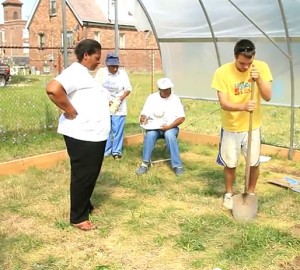 But underneath the stories the media portrays and the pictures many journalists project, a new generation of Detroit is rising. Artists, activists, organizers and entrepreneurs from all walks of life are descending on the city to take advantage of the wide open spaces, massive abandoned factories and warehouses and projecting a new vision for the 21st century American city.
But underneath the stories the media portrays and the pictures many journalists project, a new generation of Detroit is rising. Artists, activists, organizers and entrepreneurs from all walks of life are descending on the city to take advantage of the wide open spaces, massive abandoned factories and warehouses and projecting a new vision for the 21st century American city.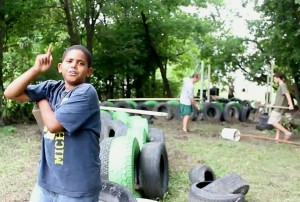 The
The  Participants went through over 250 hours of trainings in urban agriculture, solar energy, energy efficiency, entrepreneurship and community wealth building. In addition to the trainings, participants spent most of their time this summer working in one of four project areas: solar energy, urban agriculture, waste manufacturing and deconstruction.
Participants went through over 250 hours of trainings in urban agriculture, solar energy, energy efficiency, entrepreneurship and community wealth building. In addition to the trainings, participants spent most of their time this summer working in one of four project areas: solar energy, urban agriculture, waste manufacturing and deconstruction.